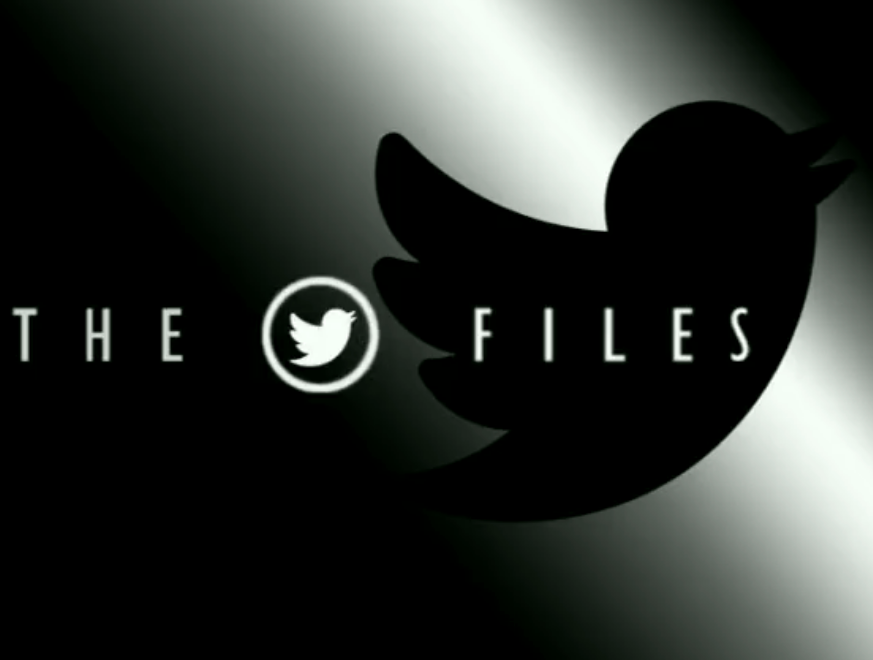
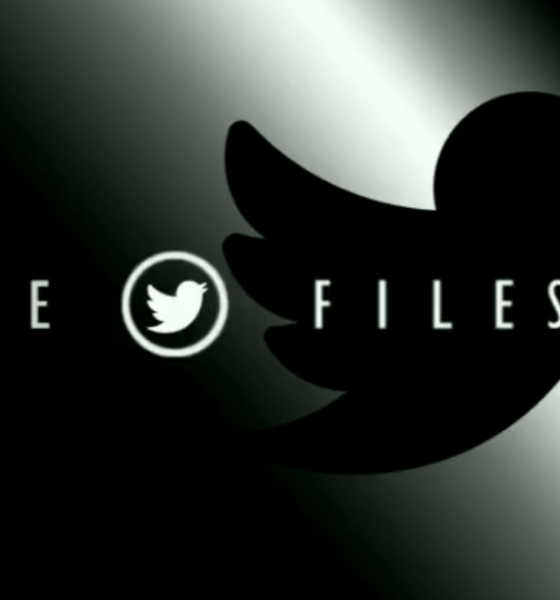
News
Elon Musk’s Twitter Files reveals former executives’ abuse of power, trust & safety
Elon Musk’s Twitter Files revealed quite a bit of detail about the former executives’ abuse of power while running the platform. In November, Elon Musk promised to release evidence of Twitter’s suppression of free speech and, on Friday, announced that he would unveil Twitter’s role in suppressing the Hunter Biden laptop news.
Elon Musk announced earlier on Friday that there would be a live Q&A, and we’ll update here when it goes live.
Here we go!! 🍿🍿 https://t.co/eILK9f3bAm
— Elon Musk (@elonmusk) December 2, 2022
In his thread, Taibbi said that the Twitter Files “tell an incredible story from inside one of the world’s largest and most influential social media platforms.” He began by highlighting Twitter’s early days as a potential tool for enabling mass communication, “making a true real-time global conversation possible for the first time.”
He then shared that some of Twitter’s first tools for controlling speech were designed to combat spammers and financial fraudsters, but slowly over time, Twitter’s staff and executives began to find more users for the tools. “Outsiders began petitioning the company to manipulate speech as well,” Taibbi tweeted, adding that it was just a little at first, then more often, and then constantly.
9. Celebrities and unknowns alike could be removed or reviewed at the behest of a political party: pic.twitter.com/4uzkHnQ65E
— Matt Taibbi (@mtaibbi) December 2, 2022
In the tweets above, Taibbi shared screenshots documenting that requests from “connected actors to delete tweets were routine.” Executives would write one another statements such as “Move to review from the Biden team.” and another one would reply, “handled.”
In addition to that, both celebrities and “unknowns” could be removed or reviewed “at the behest of a political party.”
Taibbi noted that both parties, such as the Trump White House and the Biden campaign, had requests received and honored, but the system wasn’t balanced. Instead, he said, it was based on contacts.
“Because Twitter was and is overwhelmingly staffed by people of one political orientation, there were more channels, more ways to complain, open to the left (well, Democrats) than the right.”
Taibbi shared a link with that statement from Open Secrets, which showed Twitter’s contributions to politicians. Following that, Taibbi shared more documents noting that the slant in content moderation decisions is visible and is the assessment of multiple current and high-level executives.
The Twitter Files, Part One: How and Why Twitter Blocked the Hunter Biden Laptop Story
In Part Of the Twitter Files, Taibbi started with the October 14, 2020, New York Post article titled BIDEN SECRET E-MAILS. “Twitter took extraordinary steps to suppress the story, removing links and posting warnings that it may be ‘unsafe.’ They even blocked its transmission via direct message, a tool hitherto reserved for extreme cases, e.g. child pornography,” Taibbi wrote.
Taibbi shared that Twitter locked White House spokeswoman Kaleigh McEnany out of her account for tweeting about the story, which prompted a letter from the Trump campaign staffer, Mike Hahn, who said, “At least pretend to care for the next 20 days.”
In response to that, Caroline Strom, Twitter’s public policy executive, sent out a “polite WTF query.” Taibbi noted that several employees picked up on the tension between the comms and policy teams and the safety and trust teams. The former had either little or less control over moderation.
“Strom’s note returned the answer that the laptop story had been removed for violation of the company’s “hacked materials” policy,” Taibbi wrote, sharing a screenshot of an email from Elaine Ong Sotto, Ops Analyst, Global Escalations Team. He also shared an archived webpage of Twitter’s Distribution of Hacked Material policy.
Continuing his thread, Taibbi pointed out that several sources heard about a general warning from federal law enforcement that summer about possible foreign hacks. He added that he hasn’t seen any evidence of any government involved in the laptop story. “In fact, that might have been the problem…”
He added that the decision was made at the highest levels of Twitter without the knowledge of Jack Dorsey, the platform’s then-CEO. Vijaya Gadde, Twitter’s former head of legal policy and trust, played a key role, Taibbi wrote.
24. “They just freelanced it,” is how one former employee characterized the decision. “Hacking was the excuse, but within a few hours, pretty much everyone realized that wasn’t going to hold. But no one had the guts to reverse it.”
— Matt Taibbi (@mtaibbi) December 3, 2022
In the next tweet, Taibbi shared an exchange between Gadde and Yoel Roth, Twitter’s former trust and safety head. Trenton Kennedy, the comms official, wrote, “I’m struggling to understand the policy basis for marking this as unsafe.”
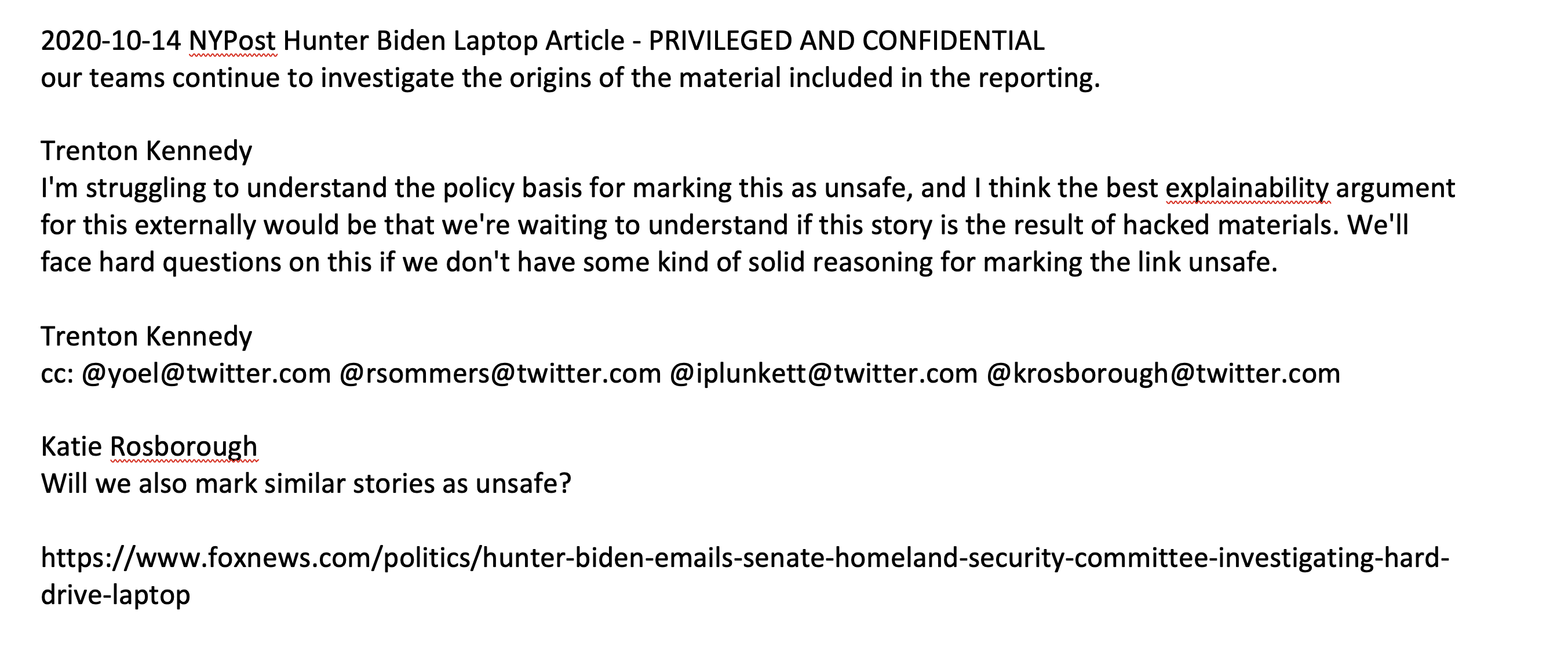
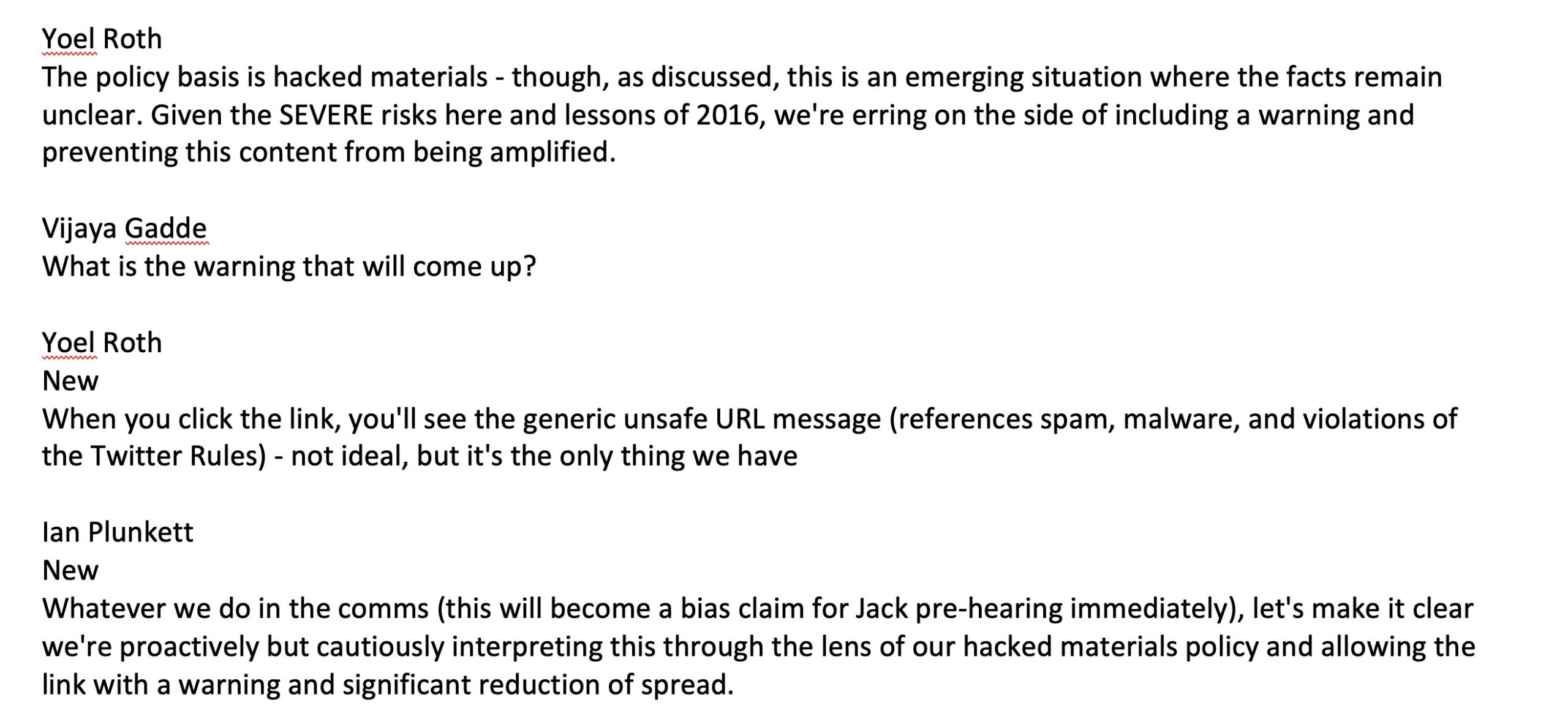
Continuing on, Taibbi noted that Twitter’s former VP of Global Comms, Brandon Borrman asked if the team could truthfully claim that this was a part of Twitter’s policy. In response, the platform’s former Deputy General Counsel, Jim Baker, “seems to advise staying the non-course because ‘caution is warranted.’

Taibbi noted that a fundamental problem with tech companies and content moderation is that there are many people in charge of speech, yet they know or care little about it. He then shared an exchange between Democratic congressman Ro Khanna and Gadde.

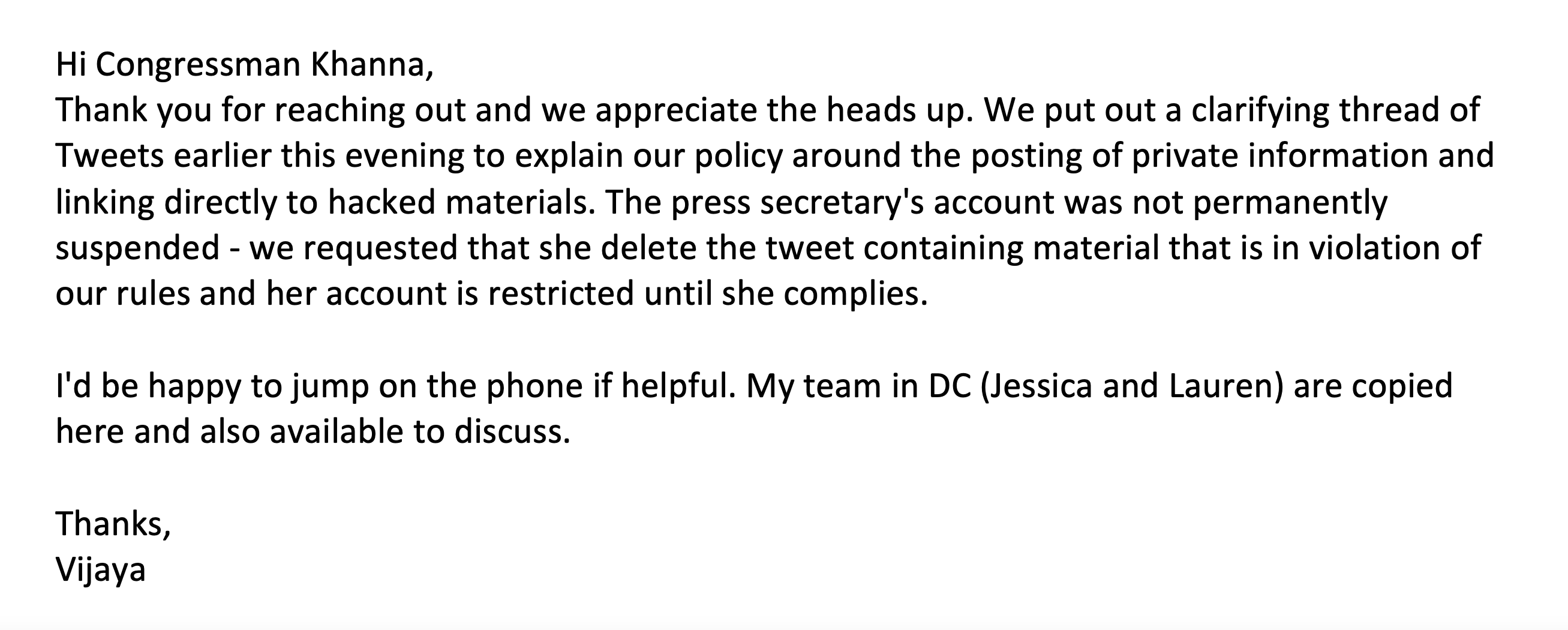
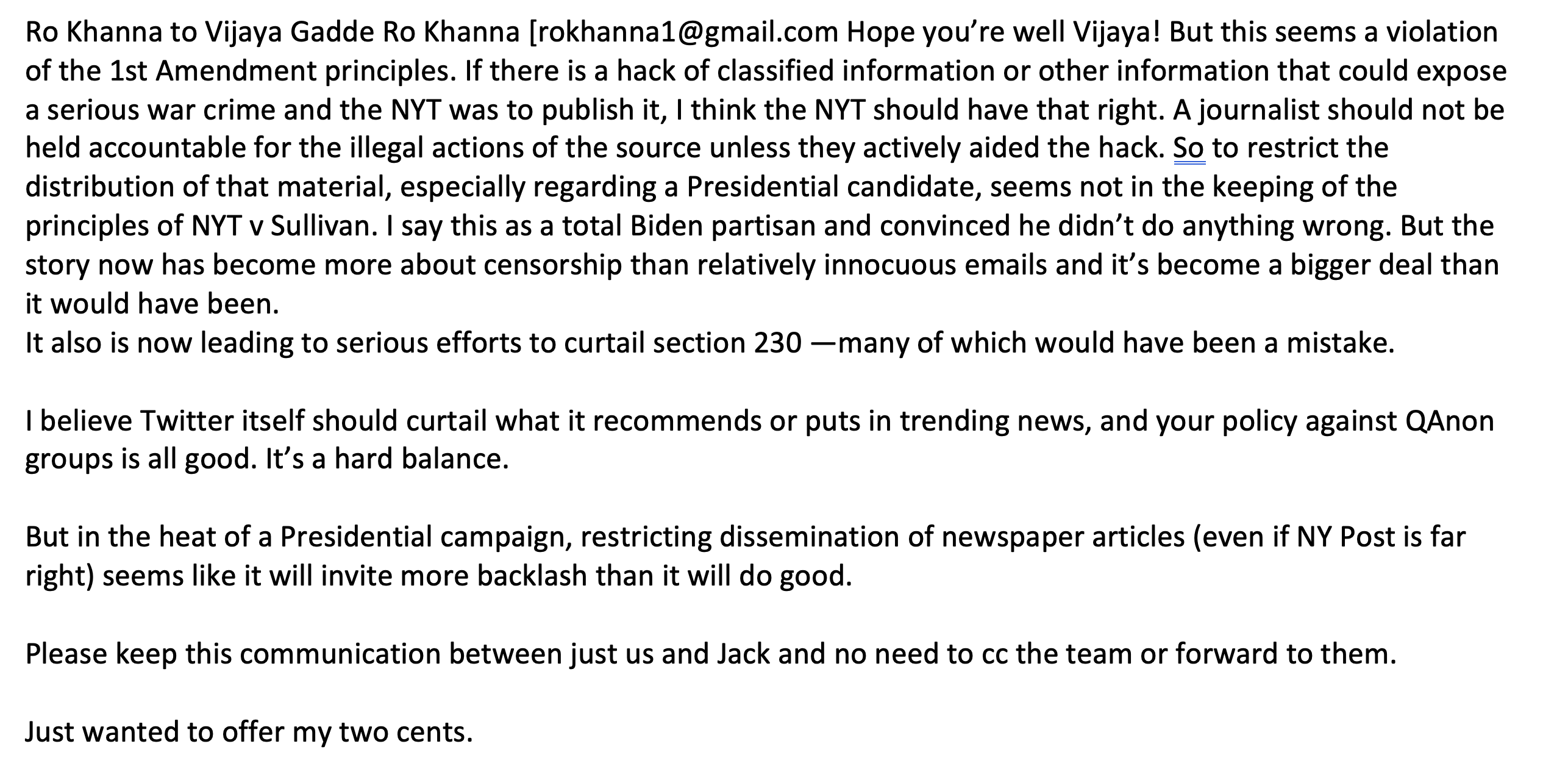
Following the above communications, Taibbi noted that the head of public policy, Lauren Culbertson received a “ghastly letter/report from Carl Szabo of the research firm, NetChoice.” The firm polled twelve members of congress:9 Republicans and 3 Democrats from “the House Judiciary Committee to Rep. Judy Chu’s office.”
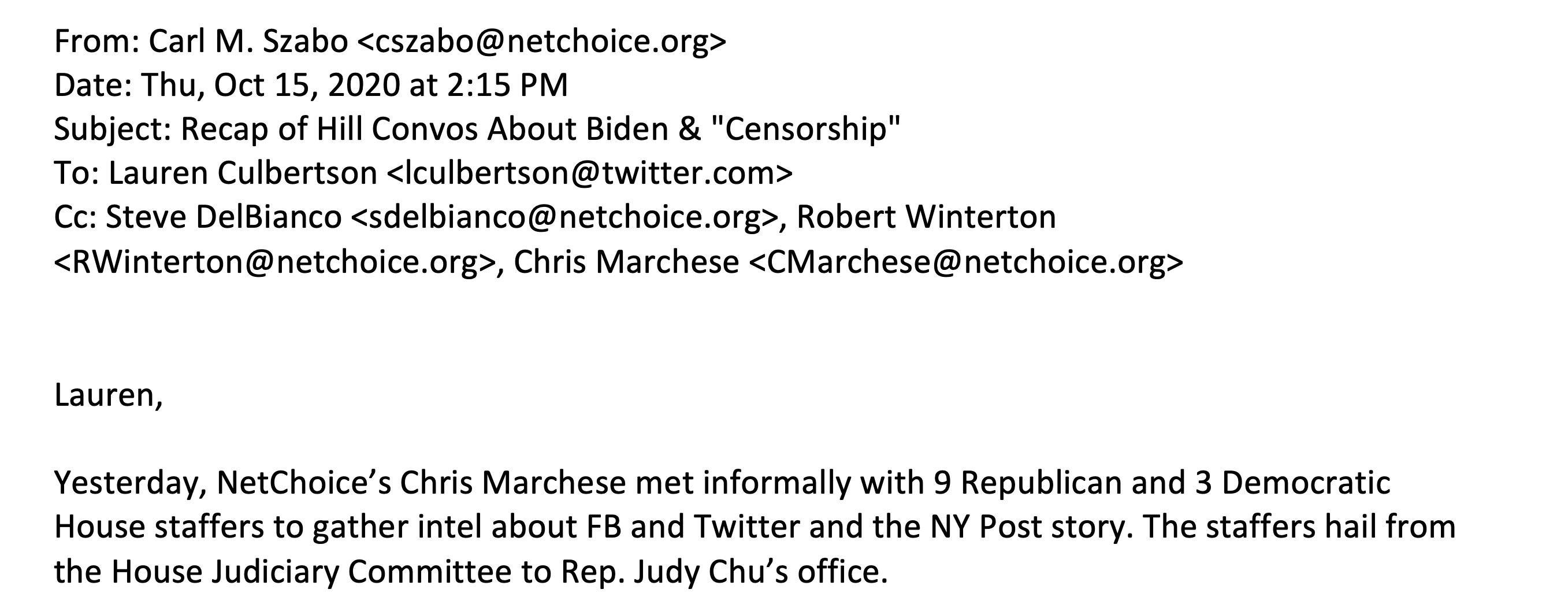
Continuing his thread, Taibbi pointed out that NetChoice informed Twitter that a “blood bath” awaited in upcoming Hill hearings. The screenshot he shared read: “High level take away–Every Republican said ‘this is a tipping point. It’s just too much.’ And both Democrats and Republicans were angry.”
The next screenshot Szabo that Taibbi shared read: “When asked just how bad this situation is, one staffer said: ‘it’s tech’s Access Hollywood moment and it has no Hillary to hide behind.’ Others were more blunt: ‘tech is screwed and rightfully so.’”
In the following screenshot, Taibbi described Szabo’s letter as containing “chilling passages relaying Democratic lawmakers’ attitudes. They want ‘more’ moderation, and as for the Bill of Rights, it’s ‘not absolute.’”
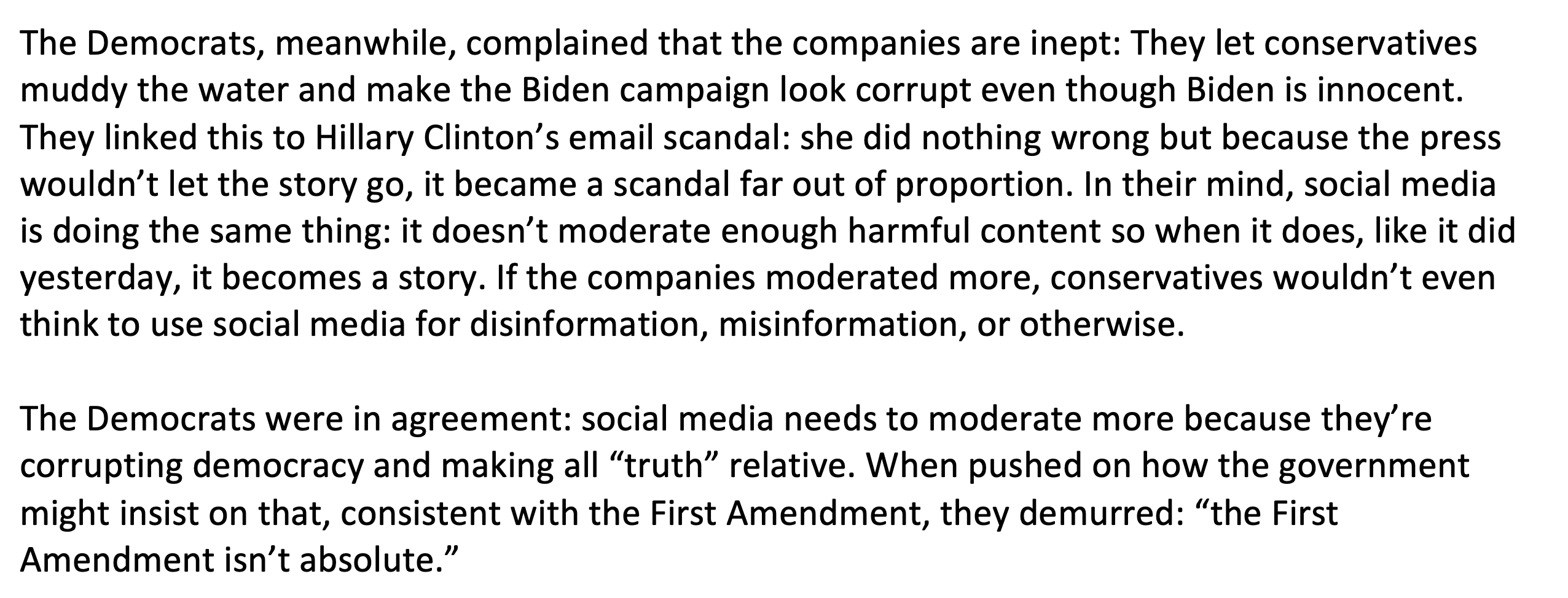
Taibbi commented that an amazing subplot of the Twitter/Hunter Biden laptop affair “was how much was done without the knowledge of CEO Jack Dorsey, and how long it took for the situation to get ‘unfucked’ (as one ex-employee put it) even after Dorsey jumped in.”
As he looked through Gadde’s emails, Taibbi noted a familiar name–his own. Jack Dorsey emailed her a copy of his Substack article blasting the incident, he noted. He added that there were multiple instances in the files where Dorsey intervened to question suspensions and other moderation actions for accounts across the political spectrum.
Your feedback is welcome. If you have any comments or concerns or see a typo, you can email me at johnna@teslarati.com. You can also reach me on Twitter at @JohnnaCrider1.
Teslarati is now on TikTok. Follow us for interactive news & more. Teslarati is now on TikTok. Follow us for interactive news & more. You can also follow Teslarati on LinkedIn, Twitter, Instagram, and Facebook.

News
Tesla FSD (Supervised) fleet passes 8.4 billion cumulative miles
The figure appears on Tesla’s official safety page, which tracks performance data for FSD (Supervised) and other safety technologies.

Tesla’s Full Self-Driving (Supervised) system has now surpassed 8.4 billion cumulative miles.
The figure appears on Tesla’s official safety page, which tracks performance data for FSD (Supervised) and other safety technologies.
Tesla has long emphasized that large-scale real-world data is central to improving its neural network-based approach to autonomy. Each mile driven with FSD (Supervised) engaged contributes additional edge cases and scenario training for the system.
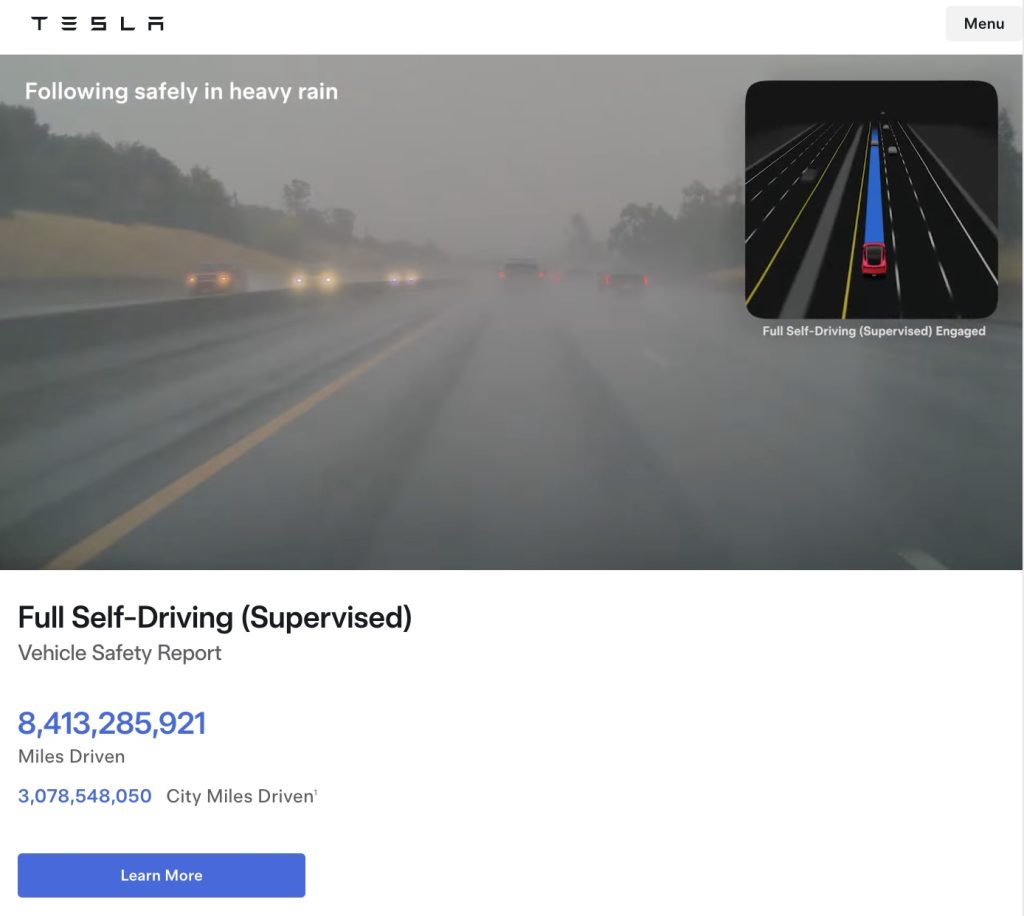
The milestone also brings Tesla closer to a benchmark previously outlined by CEO Elon Musk. Musk has stated that roughly 10 billion miles of training data may be needed to achieve safe unsupervised self-driving at scale, citing the “long tail” of rare but complex driving situations that must be learned through experience.
The growth curve of FSD Supervised’s cumulative miles over the past five years has been notable.
As noted in data shared by Tesla watcher Sawyer Merritt, annual FSD (Supervised) miles have increased from roughly 6 million in 2021 to 80 million in 2022, 670 million in 2023, 2.25 billion in 2024, and 4.25 billion in 2025. In just the first 50 days of 2026, Tesla owners logged another 1 billion miles.
At the current pace, the fleet is trending towards hitting about 10 billion FSD Supervised miles this year. The increase has been driven by Tesla’s growing vehicle fleet, periodic free trials, and expanding Robotaxi operations, among others.
With the fleet now past 8.4 billion cumulative miles, Tesla’s supervised system is approaching that threshold, even as regulatory approval for fully unsupervised deployment remains subject to further validation and oversight.
Elon Musk
Elon Musk fires back after Wikipedia co-founder claims neutrality and dubs Grokipedia “ridiculous”
Musk’s response to Wales’ comments, which were posted on social media platform X, was short and direct: “Famous last words.”
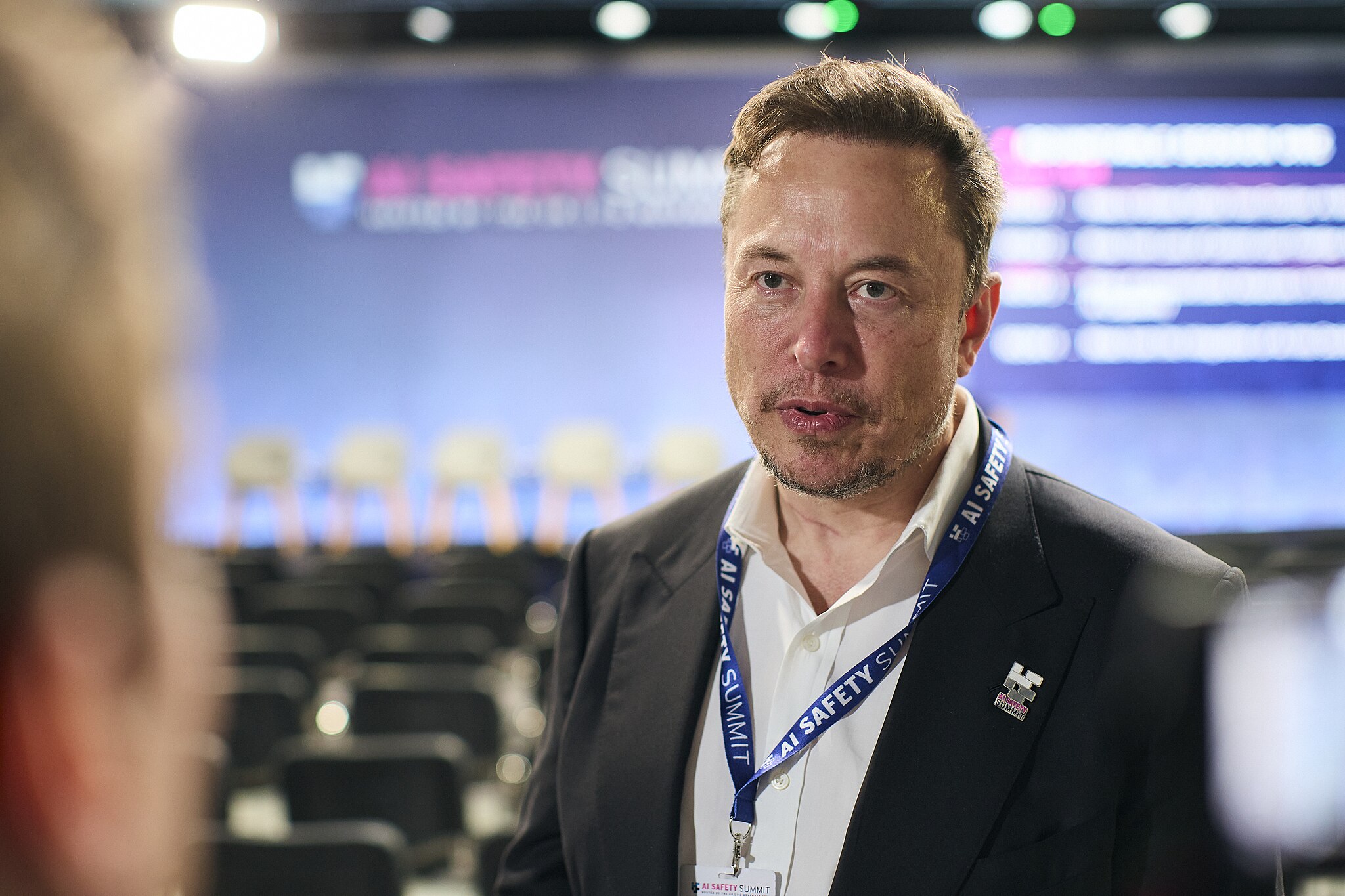
Elon Musk fired back at Wikipedia co-founder Jimmy Wales after the longtime online encyclopedia leader dismissed xAI’s new AI-powered alternative, Grokipedia, as a “ridiculous” idea that is bound to fail.
Musk’s response to Wales’ comments, which were posted on social media platform X, was short and direct: “Famous last words.”
Wales made the comments while answering questions about Wikipedia’s neutrality. According to Wales, Wikipedia prides itself on neutrality.
“One of our core values at Wikipedia is neutrality. A neutral point of view is non-negotiable. It’s in the community, unquestioned… The idea that we’ve become somehow ‘Wokepidea’ is just not true,” Wales said.
When asked about potential competition from Grokipedia, Wales downplayed the situation. “There is no competition. I don’t know if anyone uses Grokipedia. I think it is a ridiculous idea that will never work,” Wales wrote.
After Grokipedia went live, Larry Sanger, also a co-founder of Wikipedia, wrote on X that his initial impression of the AI-powered Wikipedia alternative was “very OK.”
“My initial impression, looking at my own article and poking around here and there, is that Grokipedia is very OK. The jury’s still out as to whether it’s actually better than Wikipedia. But at this point I would have to say ‘maybe!’” Sanger stated.
Musk responded to Sanger’s assessment by saying it was “accurate.” In a separate post, he added that even in its V0.1 form, Grokipedia was already better than Wikipedia.
During a past appearance on the Tucker Carlson Show, Sanger argued that Wikipedia has drifted from its original vision, citing concerns about how its “Reliable sources/Perennial sources” framework categorizes publications by perceived credibility. As per Sanger, Wikipedia’s “Reliable sources/Perennial sources” list leans heavily left, with conservative publications getting effectively blacklisted in favor of their more liberal counterparts.
As of writing, Grokipedia has reportedly surpassed 80% of English Wikipedia’s article count.
News
Tesla Sweden appeals after grid company refuses to restore existing Supercharger due to union strike
The charging site was previously functioning before it was temporarily disconnected in April last year for electrical safety reasons.

Tesla Sweden is seeking regulatory intervention after a Swedish power grid company refused to reconnect an already operational Supercharger station in Åre due to ongoing union sympathy actions.
The charging site was previously functioning before it was temporarily disconnected in April last year for electrical safety reasons. A temporary construction power cabinet supplying the station had fallen over, described by Tesla as occurring “under unclear circumstances.” The power was then cut at the request of Tesla’s installation contractor to allow safe repair work.
While the safety issue was resolved, the station has not been brought back online. Stefan Sedin, CEO of Jämtkraft elnät, told Dagens Arbete (DA) that power will not be restored to the existing Supercharger station as long as the electric vehicle maker’s union issues are ongoing.
“One of our installers noticed that the construction power had been backed up and was on the ground. We asked Tesla to fix the system, and their installation company in turn asked us to cut the power so that they could do the work safely.
“When everything was restored, the question arose: ‘Wait a minute, can we reconnect the station to the electricity grid? Or what does the notice actually say?’ We consulted with our employer organization, who were clear that as long as sympathy measures are in place, we cannot reconnect this facility,” Sedin said.
The union’s sympathy actions, which began in March 2024, apply to work involving “planning, preparation, new connections, grid expansion, service, maintenance and repairs” of Tesla’s charging infrastructure in Sweden.
Tesla Sweden has argued that reconnecting an existing facility is not equivalent to establishing a new grid connection. In a filing to the Swedish Energy Market Inspectorate, the company stated that reconnecting the installation “is therefore not covered by the sympathy measures and cannot therefore constitute a reason for not reconnecting the facility to the electricity grid.”
Sedin, for his part, noted that Tesla’s issue with the Supercharger is quite unique. And while Jämtkraft elnät itself has no issue with Tesla, its actions are based on the unions’ sympathy measures against the electric vehicle maker.
“This is absolutely the first time that I have been involved in matters relating to union conflicts or sympathy measures. That is why we have relied entirely on the assessment of our employer organization. This is not something that we have made any decisions about ourselves at all.
“It is not that Jämtkraft elnät has a conflict with Tesla, but our actions are based on these sympathy measures. Should it turn out that we have made an incorrect assessment, we will correct ourselves. It is no more difficult than that for us,” the executive said.








